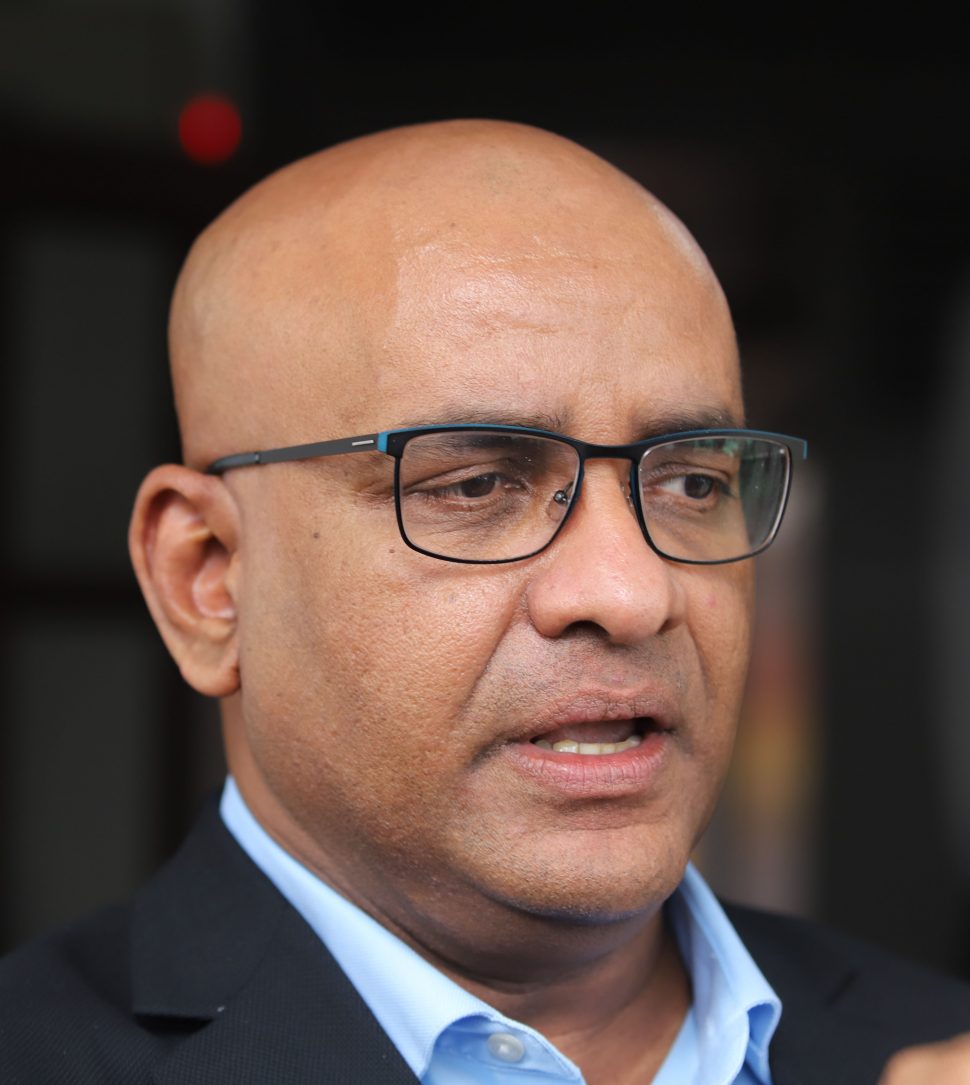More than five years after bursting into the global oil & gas spotlight following the discovery by a consortium led by the US oil giant ExxonMobil of an excess of 8 billion barrels of oil off the country’s coast, the Guyanese populace as a whole still know shockingly little about the industry as a whole or about when or how the country will be impacted by the returns from a sector which we are told will remove the country from the condition of impoverishment in which it has been caught fast for more than half a century.
The initial euphoria and the dissemination of pipe dreams that envisaged miraculous economic transformations and even the distribution of lump sums of liquid cash to the populace as a whole have been shifted discreetly to the back burner, the focus of attention now settling on issues ranging from oil & gas-linked major foreign investment and local content spinoffs for Guyanese enterprises, to speculation as to whether after all, we are not destined to be held on a leash for quite a while longer, before the windfall comes.
Since the removal of the Head of the Department of Energy Dr Mark Bynoe from his post early in December, a development that had been projected by Vice-President Bharrat Jagdeo just days prior, it would appear that Jagdeo himself has been running the oil & gas ‘show’. No other member of the Cabinet, including the President, has, since the accession of the PPP/C administration, pronounced with anything resembling profundity on just where the country’s oil & gas sector is headed. Unsurprisingly, it was the former president and seemingly the administration’s political and policy compass, who spoke this week about the latest situation on the issue of what a Reuters report described as “a permanent partner to handle its (Guyana’s) share of a major offshore oil find.”
The comment by Jagdeo, we are told by Reuters, arose out of Guyana’s continued reliance on private companies to market its share of ExxonMobil’s recoveries in circumstances where the country has “no domestic refining nor state oil company” and therefore “relies on private companies to market its share.” The present political administration, the recent report says has re-launched what it describes as “an advanced search” for a partner.
Once again, in the matter of the selection of a partner, it was Jagdeo, again, who came through as the unquestioned official authority on the issue of finding a seller. Reuters says that without troubling himself to go into any details, Jagdeo dismissed as “nonsensical”, the criteria which the present administration had inherited from its predecessor in the search for a seller.
Save and except for a handful of commentators whose offerings on the wider oil & gas circumstance are usually characterised by renditions that drift quietly over the heads of much of the populace, the rest of Guyana, it appears, has awoken from its pipe dream and returned to their survival mode, though the country’s Business Support Organizations (BSO’s) still sustain the Local Content drumbeat, a pursuit which they appear to have decided is the best option going forward for their respective enterprises in an economy that promises little by way of reasonable option at this time.
One might have thought – and it had been strongly suggested in some quarters at the very beginning of the oil & gas discourses – that the familiar propensity for political differences and attendant controversy might have been subsumed beneath the prospects that oil appeared to promise. All too soon in the piece, however, the analysts are muttering the phrase ‘resource curse’ when examining unfolding events in the country’s oil sector.






